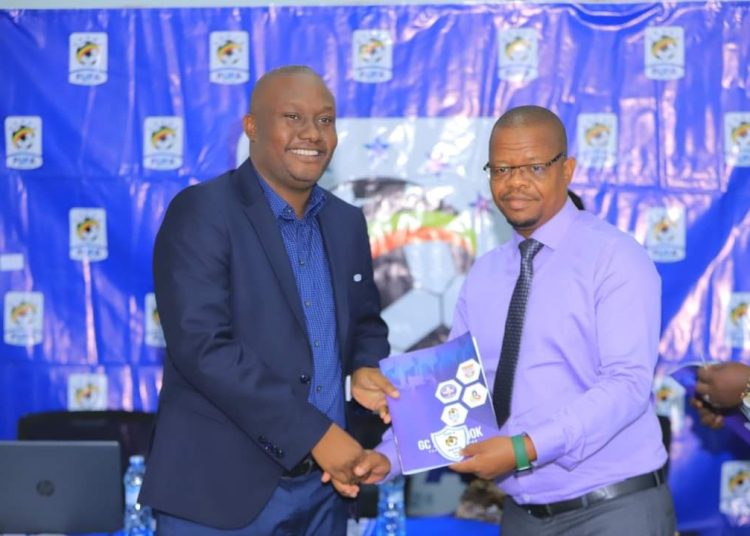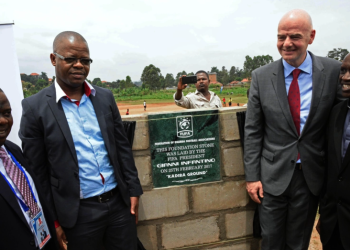Five months into his new term as FUFA President, Moses Magogo has shown he is ready to push Ugandan football into a bigger, bolder future.
The Pamoja Bid alone proves he is thinking beyond the region and aiming for continental relevance.
But as the football fraternity waits for FUFA to unveil more than 20 standing committees for the new term, there is one department he cannot afford to overlook for even a second: the FUFA Referees’ Standing Committee, the engine room that controls the flow, fairness, and integrity of the game.
Refereeing in Uganda has been through a rough patch.
The previous FRSC, headed by Ronnie Kalema, became the centre of one of the most chaotic eras in local refereeing.
Over 30 referees were suspended or banned, and match-fixing allegations flooded the scene. Nothing was ever proven conclusively, but the damage to credibility was already done.
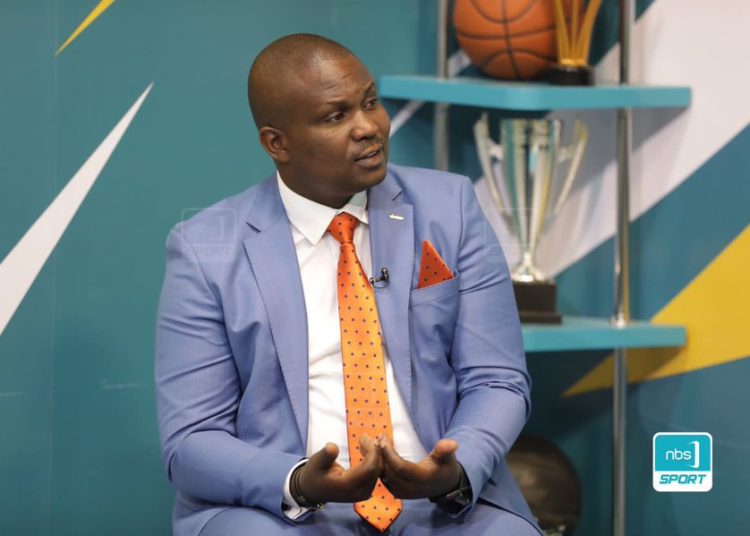
Eventually, Kalema was shifted to the Football Development role, a move that raised more questions than answers.
To steady the ship, former FIFA referee Brian Miiro Nsubuga was appointed to lead the FRSC in the new term. His arrival boosted optimism, but many football followers still argue that the deeper problems have not been solved. Referees still face unpredictable punishments.
Match pay can arrive late or inconsistently. Retirement plans barely exist, leaving officials who have sacrificed for years stranded once they hang up their whistles. Most importantly, many committee members still lack the independence required to make tough calls without fear or influence.
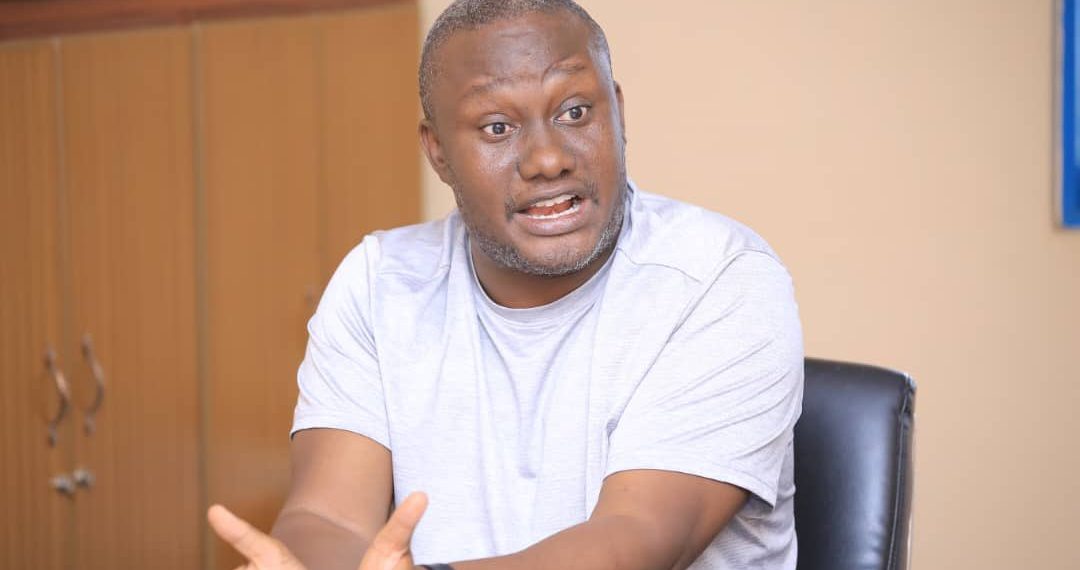
This is why Uganda may need a new playbook. FIFA’s advice to use elite retired referees to lead committees makes sense in theory, but in Uganda’s case, the model has struggled to deliver true reform.
Countries with robust refereeing systems, such as Egypt and Morocco, have taken a different approach by bringing in neutral foreign experts to oversee referee appointments and systems.
It is a model that promotes fairness, transparency, and professional discipline, while reducing internal manipulation and political pressure.
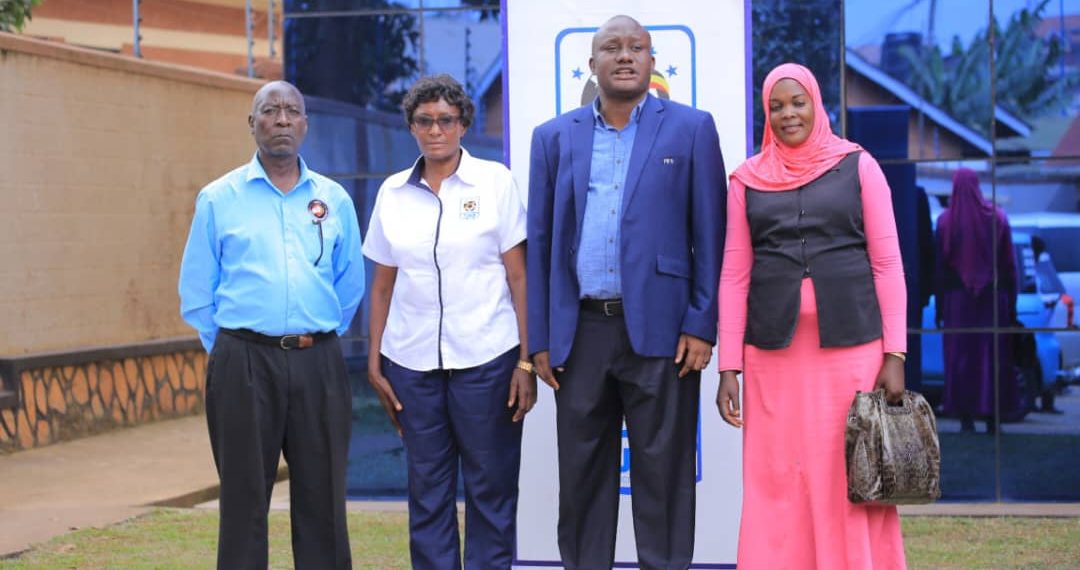
Imagine Uganda adopting a similar system. A respected, neutral foreign referee expert providing oversight, supported by capable Ugandan officials who understand the local terrain.
Decision-making becomes cleaner. Appointments become less politicized. Performance standards become objective. Referees start to feel protected and valued, not disposable.
And the game benefits from reduced controversies, fewer whispers of match-fixing, and a stronger sense of trust from clubs, fans, and players.
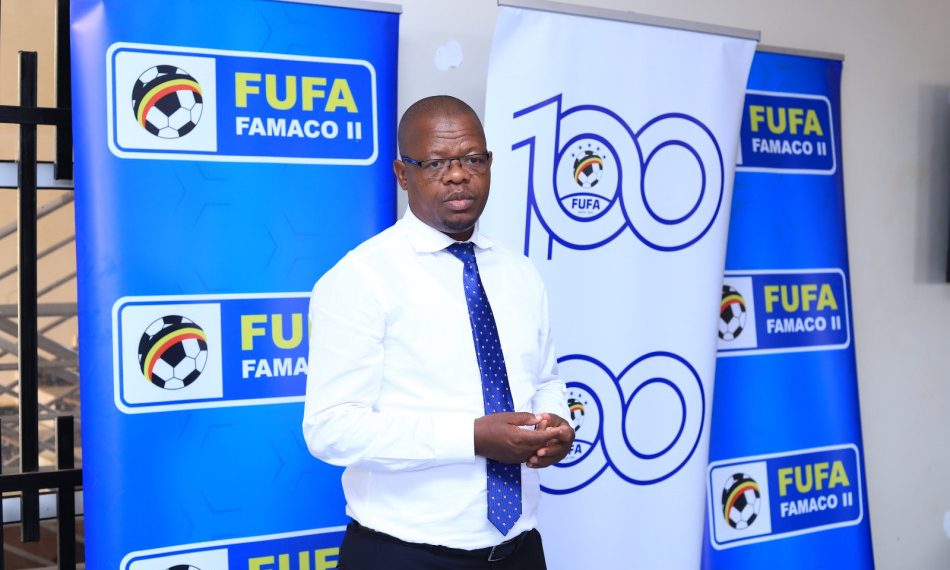
As FUFA prepares to announce the full list of committees, Competitions, Legal, Finance, Marketing, Licensing, Football Development, Referees Appointments, Assessment and Promotions, Match Manipulation, and many others , the refereeing structure must be treated as the priority.
It is the backbone of any credible league or national team program. If referees are weak, the competition is weak. If referees are mistrusted, results become disputed. And if the officials themselves feel unprotected, the entire football ecosystem becomes fragile.
This is the perfect moment for President Magogo to lead a refereeing reset. Uganda’s game cannot continue on a cycle of suspicion, inconsistent discipline, and poor welfare.
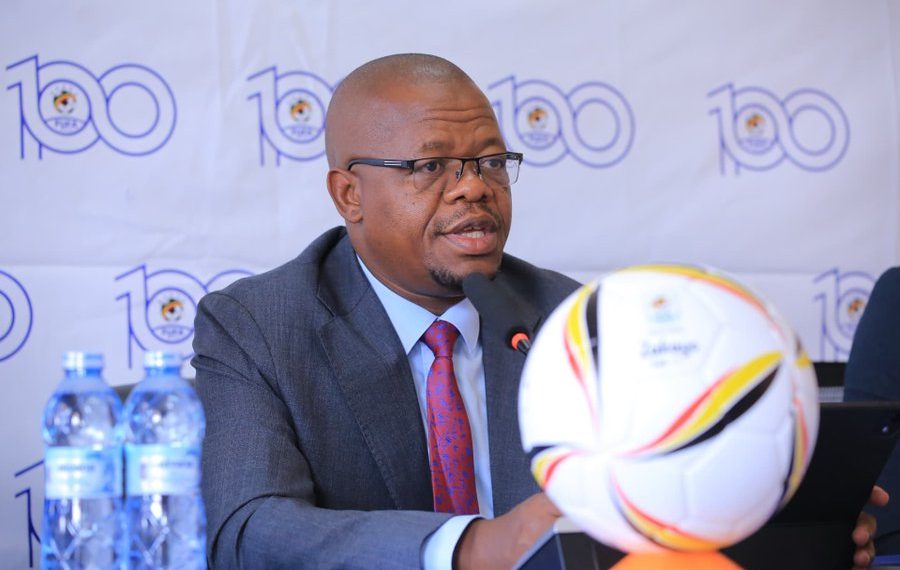
Strong, independent leadership is needed. Transparent systems are needed. A culture that protects referees instead of throwing them under the bus is needed. And if that requires bringing in a foreign expert to rebuild the structure from the top, then it is time to make that bold call.
Magogo has already shown he can be courageous with big decisions in technical areas such as the Uganda Cranes. Now he must show the same courage with refereeing.
The decisions made in the coming weeks will shape the future of Ugandan football for years to come. Refereeing is the soul of the sport, and without reform, the entire structure remains vulnerable.
Uganda needs a stable, trusted, professional refereeing system. This is the moment to rebuild it. And this is the moment for President Magogo to take the lead and blow the whistle on a new era.















